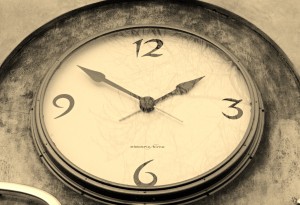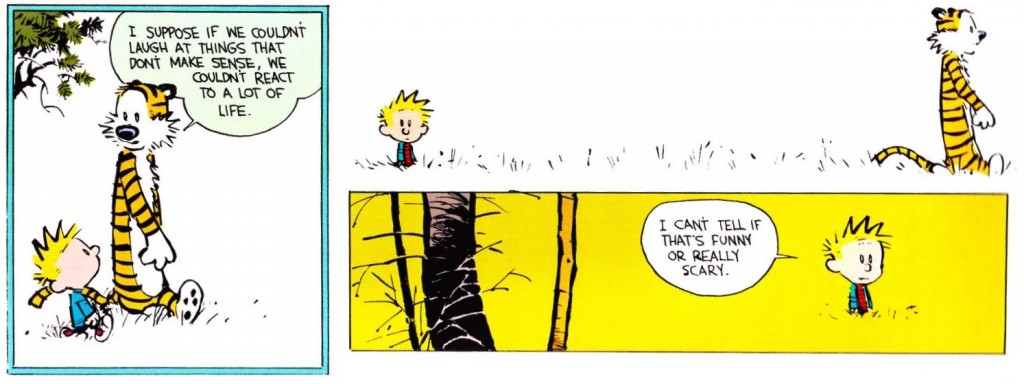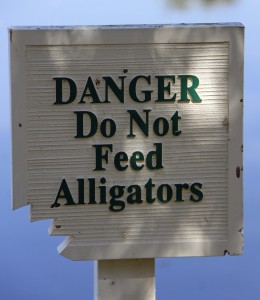Got a second to read this?
Your time is valuable. There is no doubt about it. We all wish we had more time in a day. We all have the same, certain amount of time in a day with lists of items to accomplish within that time. We all have plans that consume our time. Time comes, time is filled, and time passes, leaving us with memories, or even regrets. How often do we say, “If I only had more time!”…or… “I just need a little more time!”…or… “Maybe next time!”?
Yet, how do we fill our time? Do we cherish our time? Do we waste our time? Do we use our time wisely? I’m sure we can check the box next to each of these scenarios at any given time (ha ha) in our lives. I’ve certainly strayed from a project or two…or three by daydreaming about an upcoming camping trip or checking someone’s status update on social media. I’ve wasted valuable time with loved ones by being preoccupied worrying about the future, something I don’t have control over! I’ve made a list for a day, and have looked back at the end of that day wondering where I spent my time and why so little was checked off the list. I’ve been angered when someone hijacks my time. I’ve wondered how often I have hijacked someone’s time. Once time is gone…well, it’s just that- gone. So we multi-task, trying to extract as much as possible from each segment of time. Right now I’m writing this, helping my son with a puzzle, and prepping dinner. That doesn’t mean I’m doing any of it very well! In fact, all too often we cheat our projects and our people when we squeeze time.
 It all comes down to how we fill our time. Time is a resource. For most of us, we have a certain amount of control over how our time is spent, whether we want to admit it or not. We get a choice about how to spend these hours. We decide how much we spend, on what, who, and how much we give away. The worst choice is to waste time. When it comes to projects, we want to be able to get a lot of quality accomplished in as little time as possible.
It all comes down to how we fill our time. Time is a resource. For most of us, we have a certain amount of control over how our time is spent, whether we want to admit it or not. We get a choice about how to spend these hours. We decide how much we spend, on what, who, and how much we give away. The worst choice is to waste time. When it comes to projects, we want to be able to get a lot of quality accomplished in as little time as possible.
At The Transmogrifier, we are investing our time to assure our users of quality images and inspiration. We are using, spending and filling our time working to help other creative individuals by generating inspirational and supportive ways to save time. If we can help free up just a little more time that can then be spent on other priorities in life, then we are thrilled. And that is our goal: to inspire and to assist. That is how we choose to spend some of our own time. We are happy to do so.
Well, gotta go! It’s time to get back to work.











